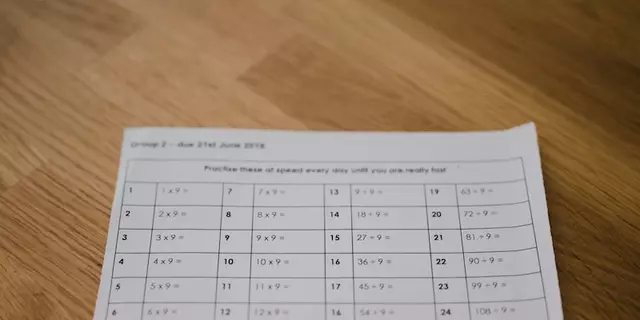Council for Economic Education – Guides, Resources, and Classroom Strategies
When exploring Council for Economic Education, a nonprofit that promotes economic and financial literacy in schools. Also known as CEE, it creates programs, tools, and research to help teachers bring real‑world economics into the classroom, the focus is on building financial literacy, the ability to understand budgeting, saving, investing, and responsible money management. These two pillars—organizational support and personal finance skills—form the backbone of any solid economics education.
Teacher Training that Turns Theory into Action
Effective instruction starts with teacher training, professional development that equips educators with lesson plans, interactive tools, and assessment methods. The Council delivers workshops that blend curriculum standards with hands‑on activities, so teachers can translate abstract concepts into daily classroom moments. For example, a lesson on supply and demand can become a mock marketplace where students negotiate prices using play money. This approach mirrors the way free‑to‑play games monetize features—students see value, make choices, and experience consequences, reinforcing the economic principles behind real‑world transactions.
Student resources complement teacher training by offering ready‑made activities, interactive simulations, and printable worksheets. The Council’s student resources, kits that include games, quizzes, and real‑life case studies are designed to meet diverse learning styles. A popular kit lets learners calculate interest on a savings account while competing for virtual badges, mirroring the reward systems found in popular mobile games. By linking the excitement of gaming with genuine financial calculations, these resources make learning feel relevant and fun.
Connecting curriculum to everyday experiences is a core goal of the Council’s economics curriculum, a structured set of lessons that cover topics from microeconomics to personal finance. The curriculum emphasizes real‑world applications: students analyze how a local business sets prices, how taxes affect household budgets, and how credit works in the digital age. Each module includes discussion prompts, data‑driven projects, and reflection questions that encourage critical thinking. When the curriculum references current trends—like the rise of in‑app purchases in free games—students see the direct link between classroom theory and the digital economy they navigate daily.
Assessment tools round out the ecosystem by providing measurable feedback for both students and teachers. The Council’s testing framework aligns with state standards and offers instant scoring, allowing educators to adjust instruction on the fly. Data from these assessments help identify gaps in understanding, much like analytics dashboards in gaming reveal player behavior patterns. By treating learning outcomes as metrics to improve, schools can continuously refine their approach to economics education.
All of these pieces—organization, training, resources, curriculum, and assessment—work together to create a vibrant learning environment. Below you’ll find a curated selection of articles that dive deeper into each area, from practical classroom tips to the latest research on financial literacy. Whether you’re a veteran teacher looking for fresh ideas or a newcomer seeking a clear roadmap, the collection offers actionable insights you can start using right away.

U.S. Schools Ramp Up Personal Finance and Economics Courses Amid Growing Gaps
35 states now require personal-finance classes and 28 mandate economics study, reaching over 10 million students, but college gaps and teaching challenges persist.




